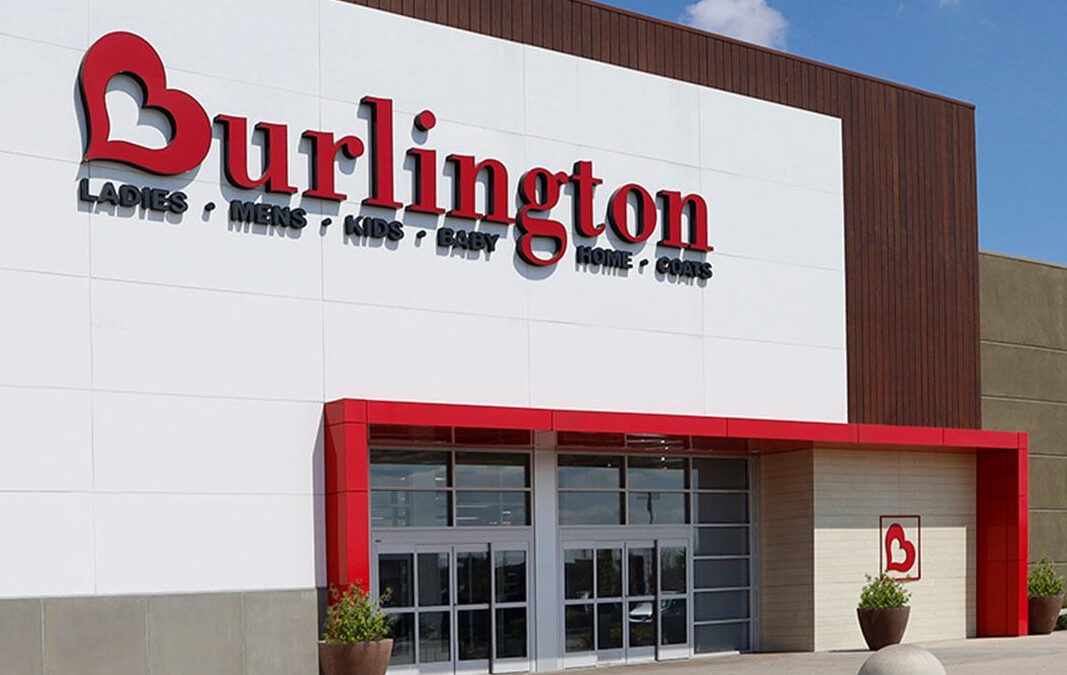The Conference Board noted consumer spending shifts while reporting the Consumer Confidence Index increased by 12.3 points in May to 98, just below the 100 line between positive and negative and up from 85.7 in April.
The Present Situation Index, based on consumers’ assessment of current business and labor market conditions, gained 4.8 points to 135.9 from April The Expectations Index, based on consumers’ short-term outlook for income, business and labor market conditions, advanced 17.4 points to 72.8.
The cutoff date for preliminary results was May 19, with half of the responses collected after the May 12 announcement of reduced tariffs on China imports for 90 days.
The May confidence rebound was broad-based across all age and income groups, the Conference Board noted. Consumer views of family current and future financial situations also improved. The share of consumers anticipating a recession over the next 12 months declined. Consumer interest rate expectations only changed slightly, while 12-month price increase expectations eased to 6.5% after spiking at 7% in April.
In a special question the Conference Board asked on spending and financial behavior recently, 36.7% of consumers said they put money aside for future spending with 26.6% saying they had gone into their savings to pay for goods and services, and 26% said they had postponed major purchases. However, consumers in households making over $125,000 were more likely to say they saved money, while less wealthy households were more likely to have dug into savings or postponed purchases. Then, only 19% of consumers indicated having advanced purchases ahead of tariffs, but that proportion was higher for consumers in wealthier households, at 26%.
“Consumer confidence improved in May after five consecutive months of decline,” said Stephanie Guichard, Conference Board senior economist, global indicators. “The rebound was already visible before the May 12 U.S.-China trade deal but gained momentum afterwards. The monthly improvement was largely driven by consumer expectations as all three components of the Expectations Index, business conditions – employment prospects, and future income — rose from their April lows. Consumers were less pessimistic about business conditions and job availability over the next six months and regained optimism about future income prospects. Consumers’ assessments of the present situation also improved. However, while consumers were more positive about current business conditions than last month, their appraisal of current job availability weakened for the fifth consecutive month.”





